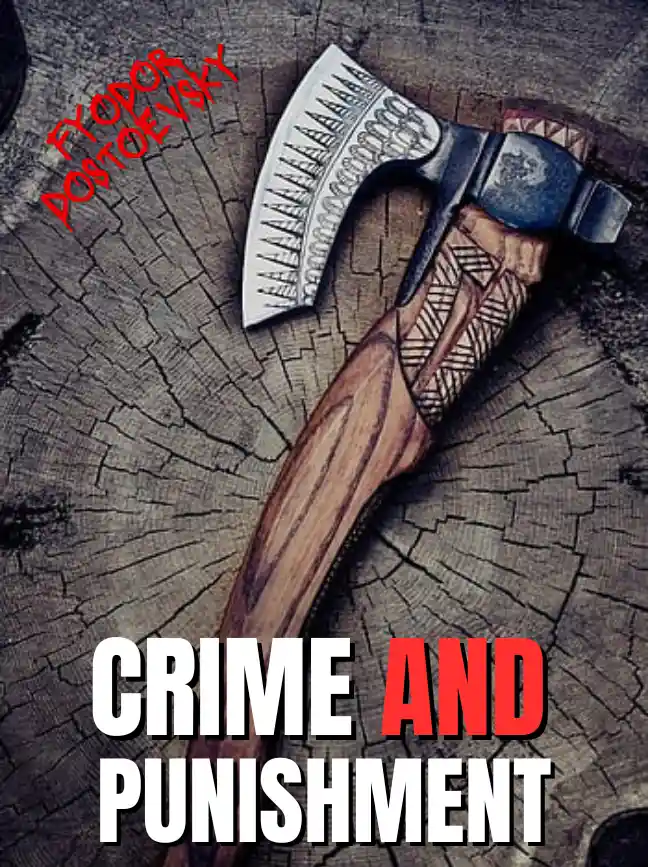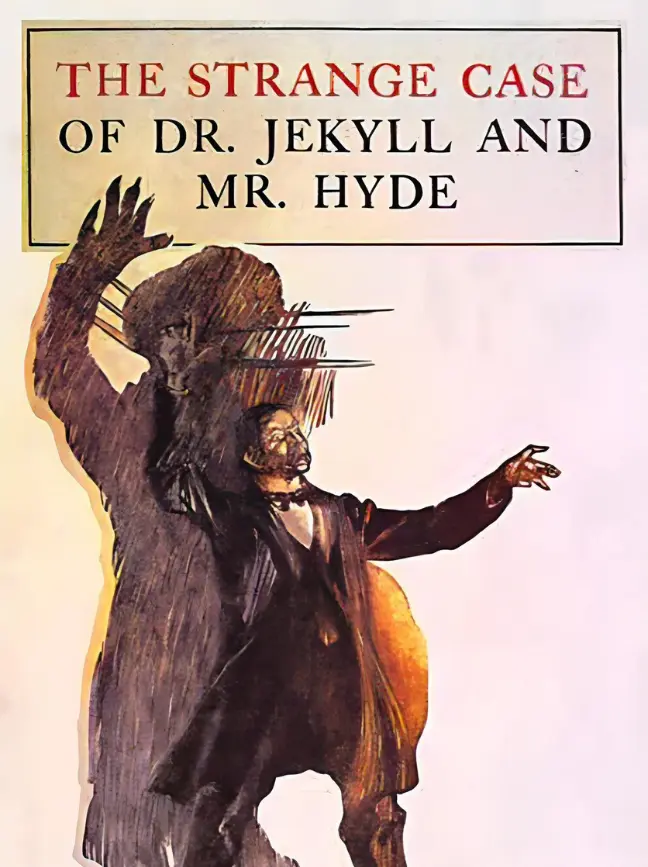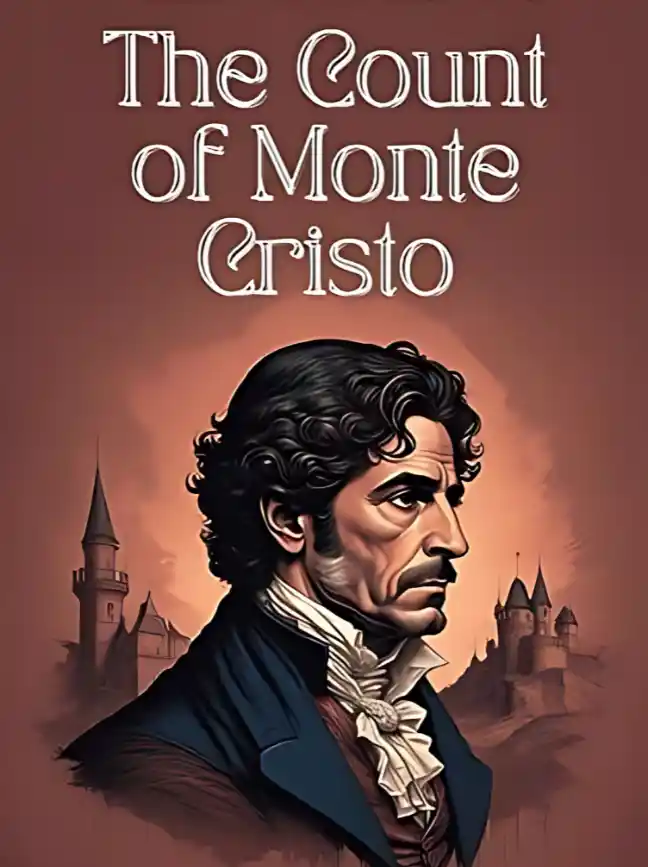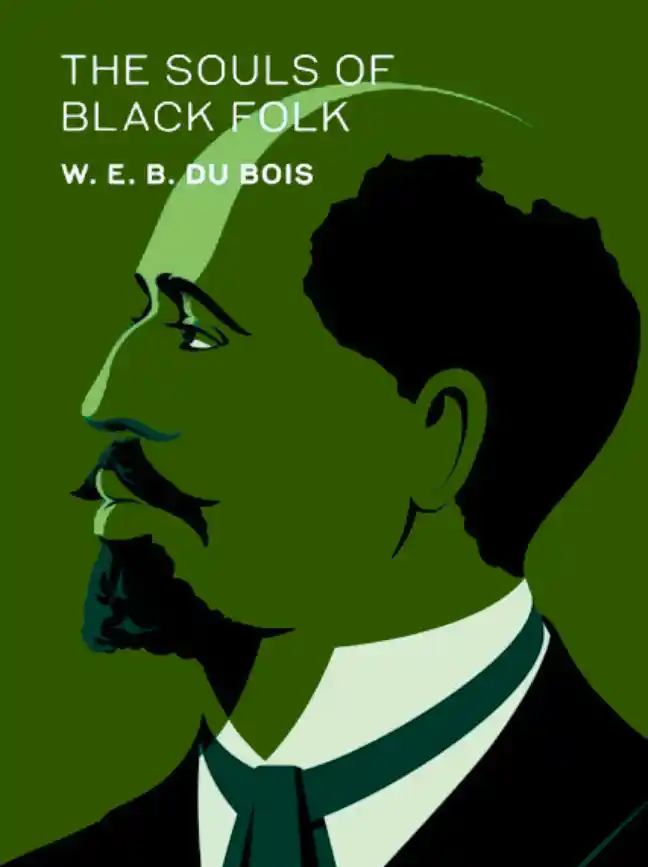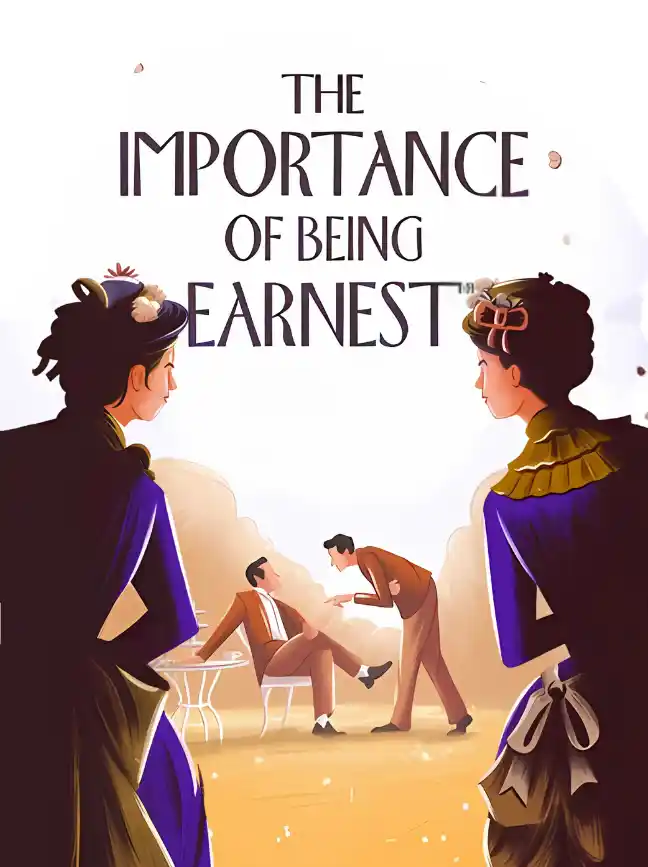The Bridgertons are by far the most prolific family in the upper echelons of society. Such industriousness on the part of the viscountess and the late viscount is commendable, although one can find only banality in their choice of names for their children. Anthony, Benedict, Colin, Daphne, Eloise, Francesca, Gregory, and Hyacinth— orderliness is, of course, beneficial in all things, but one would think that intelligent parents would be able to keep their children straight without needing to alphabetize their names .
Furthermore, the sight of the viscountess and all eight of her children in one room is enough to make one fear one is seeing double— or triple— or worse. Never has This Writer seen a collection of siblings so ludicrously alike in their physical regard. Although This Writer has never taken the time to record eye color, all eight possess similar bone structure and the same thick, chestnut hair. One must pity the viscountess as she seeks advantageous marriages for her brood that she did not produce a single child of more fashionable coloring. Still, there are advantages to a family of such consistent looks— there can be no doubt that all eight are of legitimate parentage .
Ah, Gentle Reader, your devoted Writer wishes that that were the case amid all large families…
Lady Whistledown’s Society Papers,26 April 1813
“Ooooooooohhhhhhhhhh!” Violet Bridgerton crumpled the single-page newspaper into a ball and hurled it across the elegant drawing room.
Her daughter Daphne wisely made no comment and pretended to be engrossed in her embroidery.
“Did you read what she said?” Violet demanded. “Did you?”
Daphne eyed the ball of paper, which now rested under a mahogany end table. “I didn’t have the opportunity before you, er, finished with it.”
“Read it, then,” Violet wailed, her arm slicing dramatically through the air. “Read how that woman has maligned us.”
Daphne calmly set down her embroidery and reached under the end table. She smoothed the sheet of paper out on her lap and read the paragraph about her family. Blinking, she looked up. “This isn’t so bad, Mother. In fact, it’s a veritable benediction compared to what she wrote about the Featheringtons last week.”
“How am I supposed to find you a husband while that woman is slandering your name?”
Daphne forced herself to exhale. After nearly two seasons in London, the mere mention of the word husband was enough to set her temples pounding. She wanted to marry, truly she did, and she wasn’t even holding out for a true love match. But was it really too much to hope for a
husband for whom one had at least some affection?
Thus far, four men had asked for her hand, but when Daphne had thought about living the rest of her days in the company of any of them, she just couldn’t do it. There were a number of men she thought might make reasonably good husbands, but the problem was—none of them was interested. Oh, they all liked her. Everyone liked her. Everyone thought she was funny and kind and a quick wit, and no one thought her the least bit unattractive, but at the same time, no one was dazzled by her beauty, stunned into speechlessness by her presence, or moved to write poetry in her honor.
Men, she thought with disgust, were interested only in those women who terrified them. No one seemed inclined to court someone like her. They all adored her, or so they said, because she was so easy to talk to, and she always seemed to understand how a man felt. As one of the men Daphne had thought might make a reasonably good husband had said, “Deuce take it, Daff, you’re just not like regular females. You’re positively normal.”
Which she might have managed to consider a compliment if he hadn’t proceeded to wander off in search of the latest blond beauty.
Daphne looked down and noticed that her hand was clenched into a fist. Then she looked up and realized her mother was staring at her, clearly waiting for her to say something. Since she had already exhaled, Daphne cleared her throat, and said, “I’m sure Lady Whistledown’s little column is not going to hurt my chances for a husband.”
“Daphne, it’s been two years!”
“And Lady Whistledown has only been publishing for three months, so I hardly see how wecan lay the blame at her door.”
“I’ll lay the blame wherever I choose,” Violet muttered.
Daphne’s fingernails bit her palms as she willed herself not to make a retort. She knew her mother had only her best interests at heart, she knew her mother loved her. And she loved her mother, too. In fact, until Daphne had reached marriageable age, Violet had been positively the best of mothers. She still was, when she wasn’t despairing over the fact that after Daphne she had three more daughters to marry off.
Violet pressed a delicate hand to her chest. “She cast aspersions on your parentage.”
“No,” Daphne said slowly. It was always wise to proceed with caution when contradicting her mother. “Actually, what she said was that there could be no doubt that we are all legitimate.
Which is more than one can say for most large families of the ton.”
“She shouldn’t have even brought it up,” Violet sniffed.
“Mother, she’s the author of a scandal sheet. It’s her job to bring such things up.”
“She isn’t even a real person,” Violet added angrily. She planted her hands on her slim hips, then changed her mind and shook her finger in the air. “Whistledown, ha! I’ve never heard of any Whistledowns. Whoever this depraved woman is, I doubt she’s one of us. As if anyone of breeding would write such wicked lies.”
“Of course she’s one of us,” Daphne said, her brown eyes filling with amusement. “If she weren’t a, member of the ton, there is no way she’d be privy to the sort of news she reports. Did you think she was some sort of impostor, peeking in windows and listening at doors?”
“I don’t like your tone, Daphne Bridgerton,” Violet said, her eyes narrowing.
Daphne bit back another smile. “I don’t like your tone,” was Violet’s standard answer when one of her children was winning an argument. But it was too much fun to tease her mother. “I wouldn’t be surprised,” she said, cocking her head to the side, “if Lady Whistledown was one of your “friends.”
“Bite your tongue, Daphne. No friend of mine would ever stoop so low.”
“Very well,” Daphne allowed, “it’s probably not one of your friends. But I’m certain it’s someone we know. No interloper could ever obtain the information she reports.”
Violet crossed her arms. “I should like to put her out of business once and for all.”
“If you wish to put her out of business,” Daphne could not resist pointing out, “you shouldn’t support her by buying her newspaper.”
“And what good would that do?” Violet demanded. “Everyone else is reading it. My puny little embargo would do nothing except make me look ignorant when everyone else is chuckling over her latest gossip.”
That much was true, Daphne silently agreed. Fashionable London was positively addicted to Lady Whistledown’s Society Papers. The mysterious newspaper had arrived on the doorstep of every member of the ton three months earlier. For two weeks it was delivered unbidden every Monday, Wednesday, and Friday. And then, on the third Monday, butlers across London waited in vain for the pack of paperboys who normally delivered Whistledown, only to discover that instead of free delivery, they were selling the gossip sheet for the outrageous price of five pennies a paper.
Daphne had to admire the fictitious Lady Whistledown’s savvy. By the time she started forcing people to pay for their gossip, all the ton was addicted. Everyone forked over their pennies, and somewhere some meddlesome woman was getting very rich.
While Violet paced the room and huffed about this “hideous slight” against her family, Daphne looked up to make certain her mother wasn’t paying her any attention, then let her eyes drop to peruse the rest of the scandal sheet. Whistledown —as it was now called—was a curious mix of
commentary, social news, scathing insult, and the occasional compliment. What set it apart from any previous society news sheets was that the author actually listed her subjects’ names in full.
There was no hiding behind abbreviations such as Lord S——and Lady G –. If Lady
Whistledown wanted to write about someone, she used his full name. The ton declared themselves scandalized, but they were secretly fascinated.
This most recent edition was typical Whistledown. Aside from the short piece on the Bridgertons—which was really no more than a description of the family— Lady Whistledown had recounted the events at the previous night’s ball. Daphne hadn’t attended, as it had been her younger sister’s birthday, and the Bridgertons always made a big fuss about birthdays. And with eight children, there were a lot of birthdays to celebrate.
“You’re reading that rubbish,” Violet accused.
Daphne looked up, refusing to feel the least bit guilty. “It’s a rather good column today. Apparently Cecil Tumbley knocked over an entire tower of champagne glasses last night.”
“Really?” Violet asked, trying not to look interested.
“Mmm-hmm,” Daphne replied. “She gives quite a good account of the Middlethorpe ball. Mentions who was talking to whom, what everyone was wearing—”
“And I suppose she felt the need to offer her opinions on that point, “Violet cut in.
Daphne smiled wickedly. “Oh, come now, Mother. You know that Mrs. Featherington has always looked dreadful in purple.”
Violet tried not to smile. Daphne could see the corners of her mouth twitching as she tried to maintain the composure she deemed appropriate for a viscountess and mother. But within two seconds, she was grinning and sitting next to her daughter on the sofa. “Let me see that,” she said, snatching up the paper. “What else happened? Did we miss anything important?”
Daphne said, “Really, Mother, with Lady Whistledown as a reporter, one needn’t actually attend any events.” She waved toward the paper. “This is almost as good as actually being there. Better, probably. I’m certain we had better food last night than they did at the ball. And give that back.” She yanked the paper back, leaving a torn corner in Violet’s hands.
“Daphne!”
Daphne affected mock righteousness. “I was reading it.” “Well!”
“Listen to this.” Violet leaned in. Daphne read: “The rake formerly known as Earl Clyvedon has finally seen fit to grace London with his presence. Although he has not yet deigned to make an appearance at a respectable evening function, the new Duke of Hastings has been spotted several
times at White’s and once at Tattersall’s. ” She paused to take a breath. “His grace has resided abroad for six years. Can it be any coincidence that he has returned only now that the old duke is dead?”
Daphne looked up. “My goodness, she is blunt, isn’t she? Isn’t Clyvedon one of Anthony’s friends?”
“He’s Hastings now,” Violet said automatically, “and yes, I do believe he and Anthony were friendly at Oxford. And Eton as well, I think.” Her brow scrunched and her blue eyes narrowed with thought. “He was something of a hellion, if my memory serves. Always at odds with his father. But reputed to be quite brilliant. I’m fairly sure that Anthony said he took a first in mathematics. Which,” she added with a maternal roll of her eyes, “is more than I can say for any of my children.”
“Now, now, Mother,” Daphne teased. “I’m sure I would take a first if Oxford would only see fit to admit women.”
Violet snorted. “I corrected your arithmetic papers when your governess was ill, Daphne.”
“Well, maybe in history, then,” Daphne said with a grin. She looked back down at the paper in her hands, her eyes straying to the new duke’s name. “He sounds quite interesting,” she murmured.
Violet looked at her sharply. “He’s quite unsuitable for a young lady of your years is what he is.” “Funny how my ‘years,’ as you put it, volley back and forth between being so young that I
cannot even meet Anthony’s friends and being so old that you despair of my ever contracting a
good marriage.”
“Daphne Bridgerton, I don’t—”
“—like my tone, I know.” Daphne grinned. “But you love me.”
Violet smiled warmly and wrapped an arm around Daphne’s shoulder. “Heaven help me, I do.”
Daphne gave her mother a quick peck on the cheek. “It’s the curse of motherhood. You’re required to love us even when we vex you.”
Violet just sighed. “I hope that someday you have children—”
“—just like me, I know.” Daphne smiled nostalgically and rested her head on her mother’s shoulder. Her mother could be overly inquisitive, and her father had been more interested in hounds and hunting than he’d been in society affairs, but theirs had been a warm marriage, filled with love, laughter, and children. “I could do a great deal worse than follow your example, Mother,” she murmured.
“Why, Daphne,” Violet said, her eyes growing watery, “what a lovely thing to say.”
Daphne twirled a lock of her chestnut hair around her finger, and grinned, letting the sentimental moment melt into a more teasing one. “I’m happy to follow in your footsteps when it comes to marriage and children, Mother, just so long as I don’t have to have eight. ”
* * *
At that exact moment, Simon Basset, the new Duke of Hastings and the erstwhile topic of the Bridgerton ladies’ conversation, was sitting at White’s. His companion was none other than Anthony Bridgerton, Daphne’s eldest brother. The two cut a striking pair, both tall and athletic, with thick dark hair. But where Anthony’s eyes were the same deep chocolate brown as his sister’s, Simon’s were icy blue, with an oddly penetrating gaze.
It was those eyes as much as anything that had earned him his reputation as a man to be reckoned with. When he stared at a person, clear and unwavering, men grew uncomfortable. Women positively shivered.
But not Anthony. The two men had known each other for years, and Anthony just laughed when Simon raised a brow and turned his icy gaze upon him. “You forget, I’ve seen you with your head being lowered into a chamber pot,” Anthony had once told him. “It’s been difficult to take you seriously ever since.”
To which Simon had replied, “Yes, but if I recall, you were the one holding me over that fragrant receptacle.”
“One of my proudest moments, to be sure. But you had your revenge the next night in the form of a dozen eels in my bed.”
Simon allowed himself a smile as he remembered both the incident and their subsequent conversation about it. Anthony was a good friend, just the sort a man would want by his side in a pinch. He’d been the first person Simon had looked up upon returning to England.
“It’s damned fine to have you back, Clyvedon,” Anthony said, once they’d settled in at their table at White’s. “Oh, but I suppose you’ll insist I call you Hastings now.”
“No,” Simon said rather emphatically. “Hastings will always be my father. He never answered to anything else.” He paused. “I’ll assume his title if I must, but I won’t be called by his name.”
“If you must?” Anthony’s eyes widened slightly. “Most men would not sound quite so resigned about the prospect of a dukedom.”
Simon raked a hand through his dark hair. He knew he was supposed to cherish his birthright and display unwavering pride in the Basset family’s illustrious history, but the truth was it all made him sick inside. He’d spent his entire life not living up to his father’s expectations; it seemed ridiculous now to try to live up to his name. “It’s a damned burden is what it is,” he
finally grumbled.
“You’d best get used to it,” Anthony said pragmatically, “because that’s what everyone will call you.”
Simon knew it was true, but he doubted if the title would ever sit well upon his shoulders.
“Well, whatever the case,” Anthony added, respecting his friend’s privacy by not delving further into what was obviously an uncomfortable topic, “I’m glad to have you back. I might finally get some peace next time I escort my sister to a ball.”
Simon leaned back, crossing his long, muscular legs at the ankles. “An intriguing remark.” Anthony raised a brow. “One that you’re certain I’ll explain?”
“But of course.”
“I ought to let you learn for yourself, but then, I’ve never been a cruel man.”
Simon chuckled. “This coming from the man who dunked my head in a chamber pot?” Anthony waved his hand dismissively. “I was young.”
“And now you’re a model of mature decorum and respectability?” Anthony grinned. “Absolutely.”
“So tell me,” Simon drawled, “how, exactly, am I meant to make your existence that much more peaceful?”
“I assume you plan to take your place in society?” “You assume incorrectly.”
“But you are planning to attend Lady Danbury’s ball this week,” Anthony said.
“Only because I am inexplicably fond of the old woman. She says what she means, and—” Simon’s eyes grew somewhat shuttered.
“And?” Anthony prompted.
Simon gave his head a little shake. “It’s nothing. Just that she was rather kind to me as a child. I spent a few school holidays at her house with Riverdale. Her nephew, you know.”
Anthony nodded once. “I see. So you have no intention of entering society. I’m impressed by your resolve. But allow me to warn you—even if you do not choose to attend the ton’s events,
they will find you.”
Simon, who had chosen that moment to take a sip of his brandy, choked on the spirit at the look on Anthony’s face when he said, “they.” After a few moments of coughing and sputtering, he finally managed to say, “Who, pray tell’, are ‘they’?”
Anthony shuddered. “Mothers.”
“Not having had one myself, I can’t say I grasp your point.”
“Society mothers, you dolt. Those fire-breathing dragons with daughters of—God help us— marriageable age. You can run, but you’ll never manage to hide from them. And I should warn you, my own is the worst of the lot.”
“Good God. And here I thought Africa was dangerous.”
Anthony shot his friend a faintly pitying look. “They will hunt you down. And when they find you, you will find yourself trapped in conversation with a pale young lady all dressed in white who cannot converse on topics other than the weather, who received vouchers to Almack’s, and hair ribbons.”
A look of amusement crossed Simon’s features. “I take it, then, that during my time abroad you have become something of an eligible gentleman?”
“Not out of any aspirations to the role on my part, I assure you. If it were up to me, I’d avoid society functions like the plague. But my sister made her bow last year, and I’m forced to escort her from time to time.”
“Daphne, you mean?”
Anthony looked up in surprise. “Did the two of you ever meet?”
“No,” Simon admitted, “but I remember her letters to you at school, and I recalled that she was fourth in the family, so she had to start with D, and—”
“Ah, yes,” Anthony said with a slight roll of his eyes, “the Bridgerton method of naming children. Guaranteed to make certain no one forgets who you are.”
Simon laughed. “It worked, didn’t it?”
“Say, Simon,” Anthony suddenly said, leaning forward, “I’ve promised my mother I’ll have dinner at Bridgerton House later this week with the family. Why don’t you join me?”
Simon raised a dark brow. “Didn’t you just warn me about society mothers and debutante daughters?”
Anthony laughed. “I’ll put my mother on her best behavior, and don’t worry about Daff. She’s the exception that proves the rule. You’ll like her immensely.”
Simon narrowed his eyes. Was Anthony playing matchmaker? He couldn’t tell.
As if Anthony were reading his thoughts, he laughed. “Good God, you don’t think I’m trying to pair you off with Daphne, do you?”
Simon said nothing.
“You would never suit. You’re a bit too brooding for her tastes.”
Simon thought that an odd comment, but instead chose to ask, “Has she had any offers, then?”
“A few.” Anthony kicked back the rest of his brandy, then let out a satisfied exhale. “I’ve allowed her to refuse them all.”
“That’s rather indulgent of you.”
Anthony shrugged. “Love is probably too much to hope for in a marriage these days, but I don’t see why she shouldn’t be happy with her husband. We’ve had offers from one man old enough to be her father, another old enough to be her father’s younger brother, one who was rather too high in the instep for our often boisterous clan, and then this week, dear God, that was the worst!”
“What happened?” Simon asked curiously.
Anthony gave his temples a weary rub. “This last one was perfectly amiable, but a rather bit dim in the head. You’d think, after our rakish days, I’d be completely without feelings—”
“Really?” Simon asked with a devilish grin. “You’d think that?”
Anthony scowled at him. “I didn’t particularly enjoy breaking this poor fool’s heart.” “Er, wasn’t Daphne the one to do that?”
“Yes, but I had to tell him.”
“Not many brothers would allow their sister such latitude with their marriage proposals,” Simon said quietly.
Anthony just shrugged again, as if he couldn’t imagine treating his sister in any other way. “She’s been a good sister to me. It’s the least I can do.”
“Even if it means escorting her to Almack’s?” Simon said wickedly. Anthony groaned. “Even then.”
“I’d console you by pointing out that this will all be over soon, but you’ve what, three other sisters waiting in the wings?”
Anthony positively slumped in his seat. “Eloise is due out in two years, and Francesca the year after that, but then I’ve a bit of a reprieve before Hyacinth comes of age.”
Simon chuckled. “I don’t envy you your responsibilities in that quarter.” But even as he said the words, he felt a strange longing, and he wondered what it would be like to be not quite so alone in this world. He had no plans to start a family of his own, but maybe if he’d had one to begin with, his life would have turned out a bit differently.
“So you’ll come for supper, then?” Anthony stood. “Informal, of course. We never take meals formally when it’s just family.”
Simon had a dozen things to do in the next few days, but before he could remind himself that he needed to get his affairs in order, he heard himself saying, “I’d be delighted.”
“Excellent. And I’ll see you at the Danbury bash first?”
Simon shuddered. “Not if I can help it. My aim is to be in and out in under thirty minutes.”
“You really think,” Anthony said, raising a doubtful brow, “that you’re going to be able to go to the party, pay your respects to Lady Danbury, and leave?”
Simon’s nod was forceful and direct.
But Anthony’s snort of laughter was not terribly reassuring.

